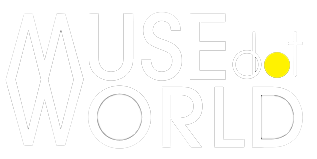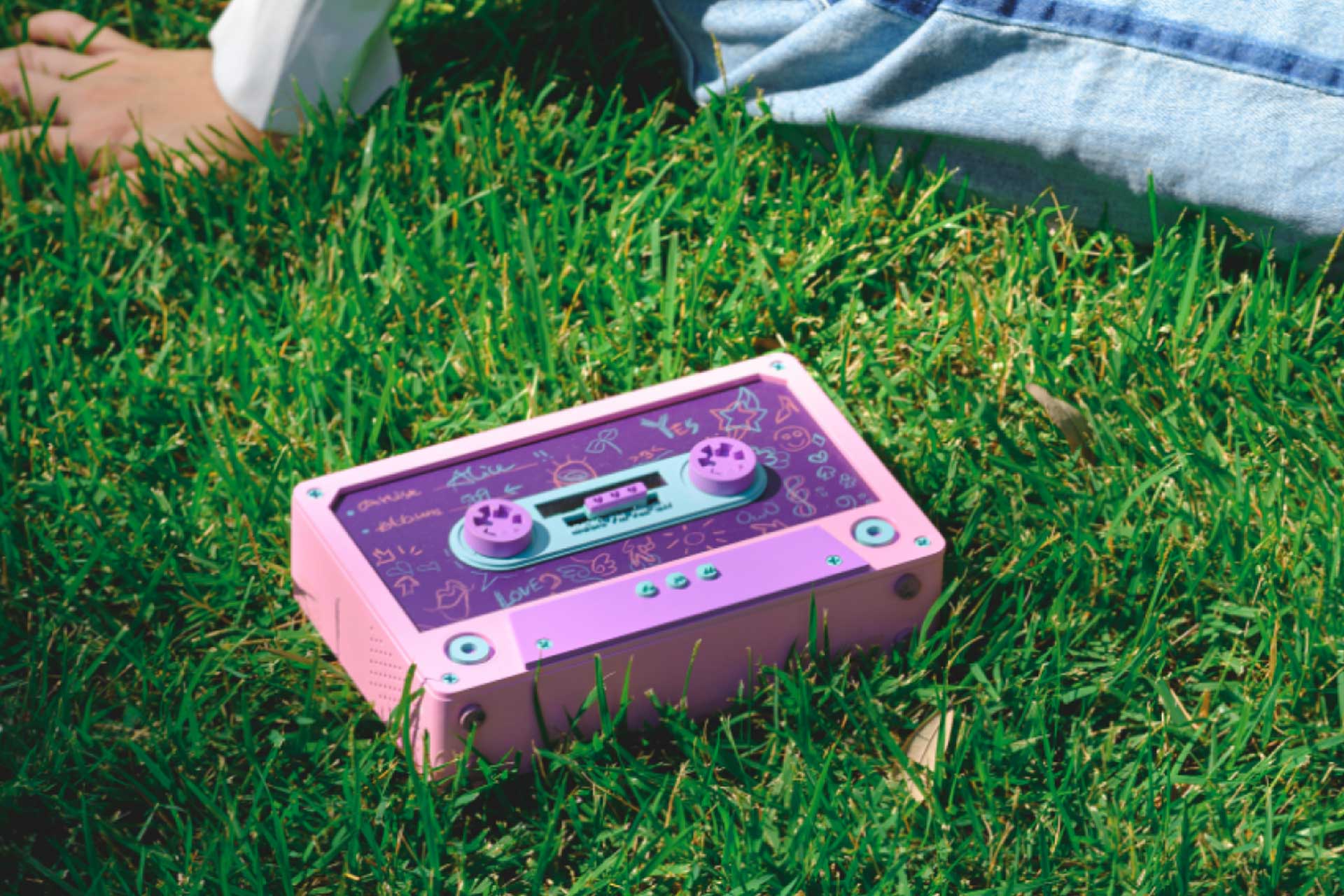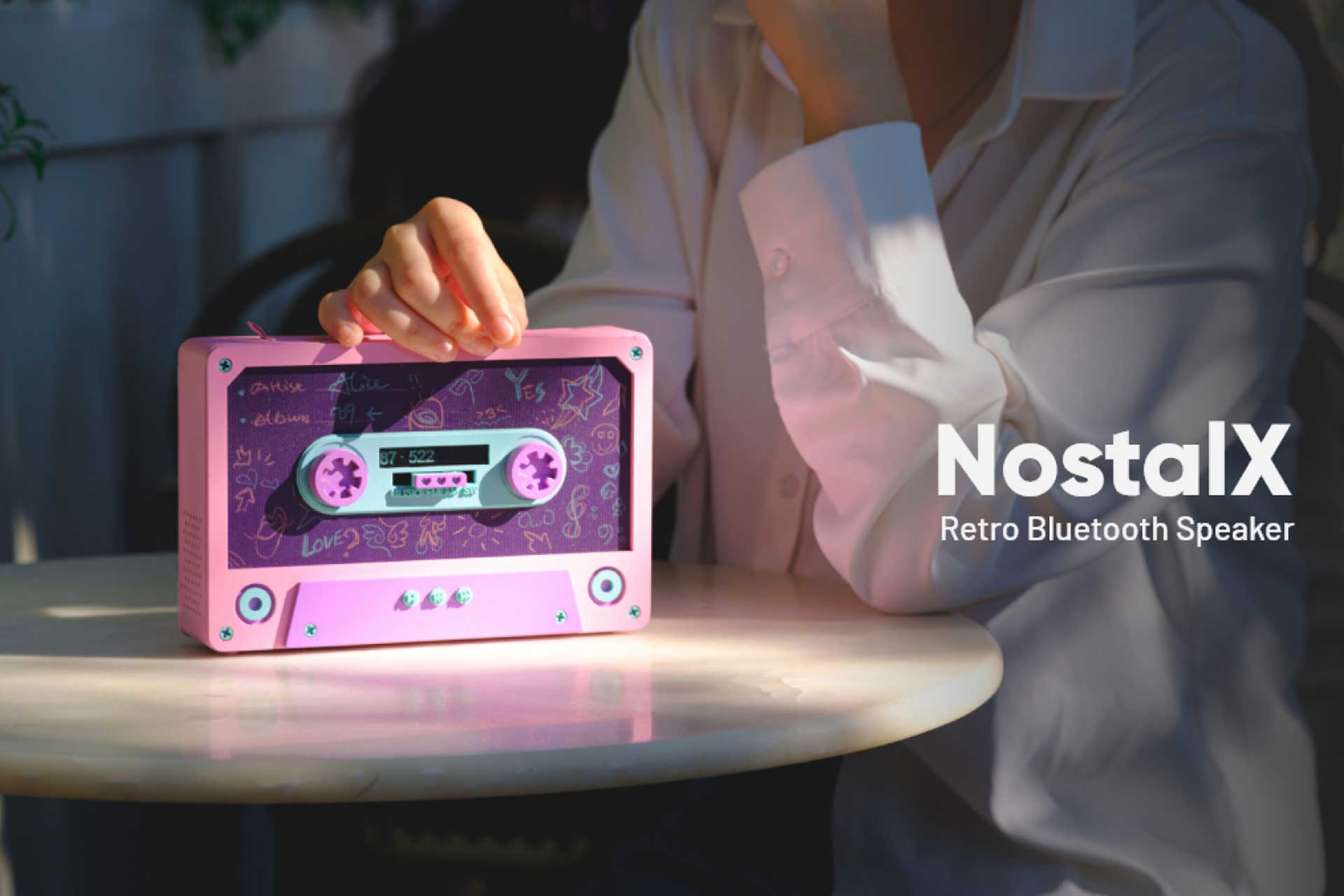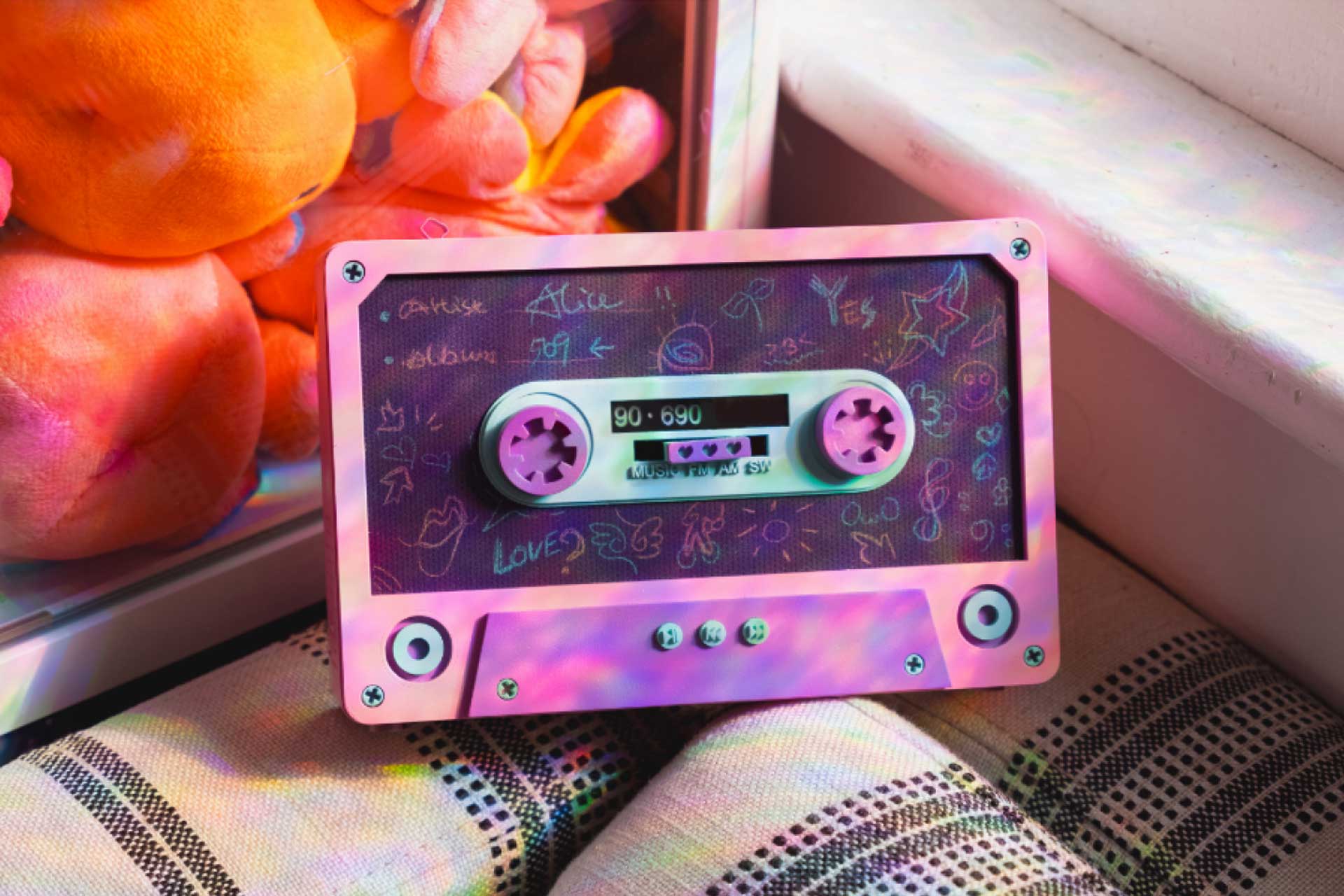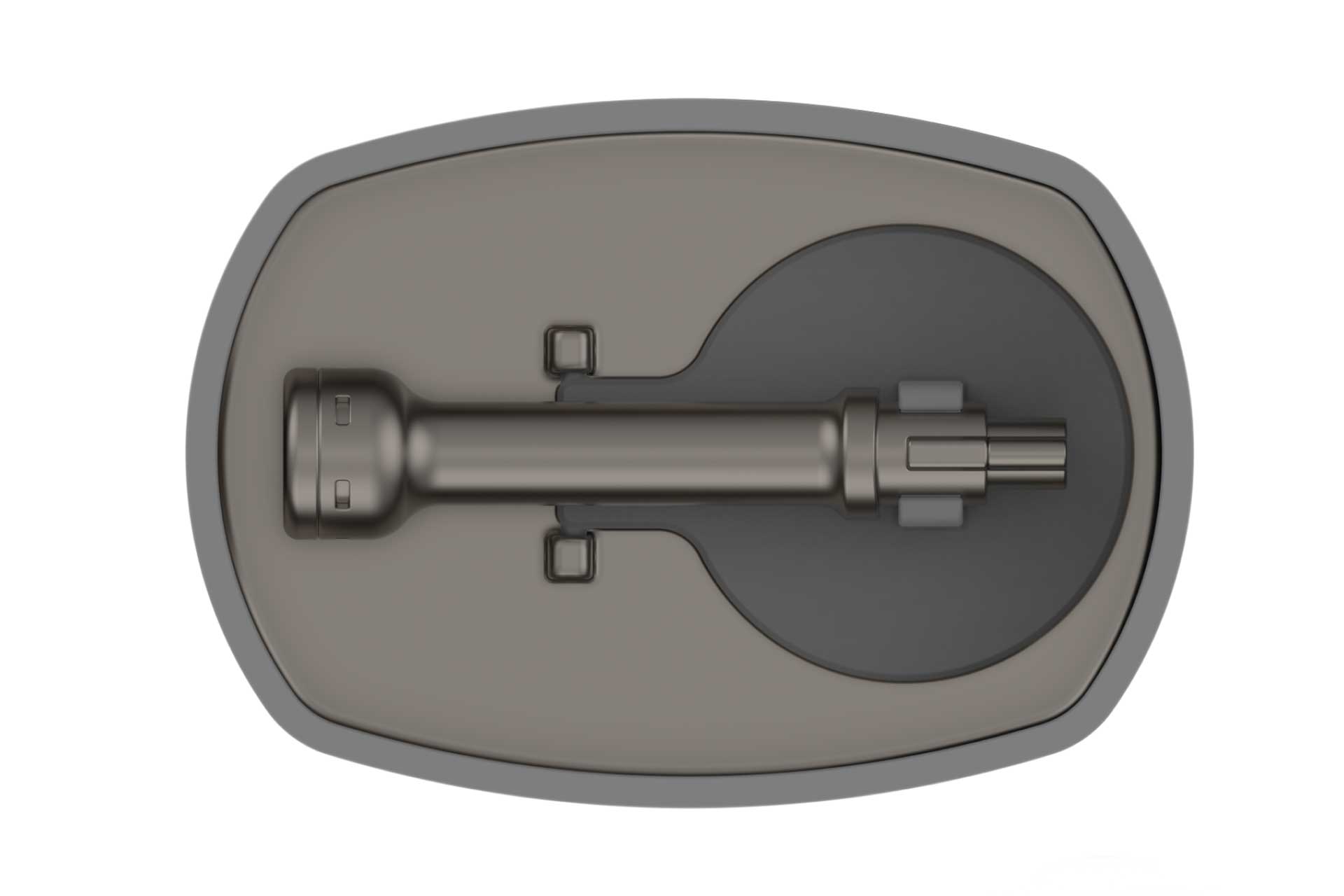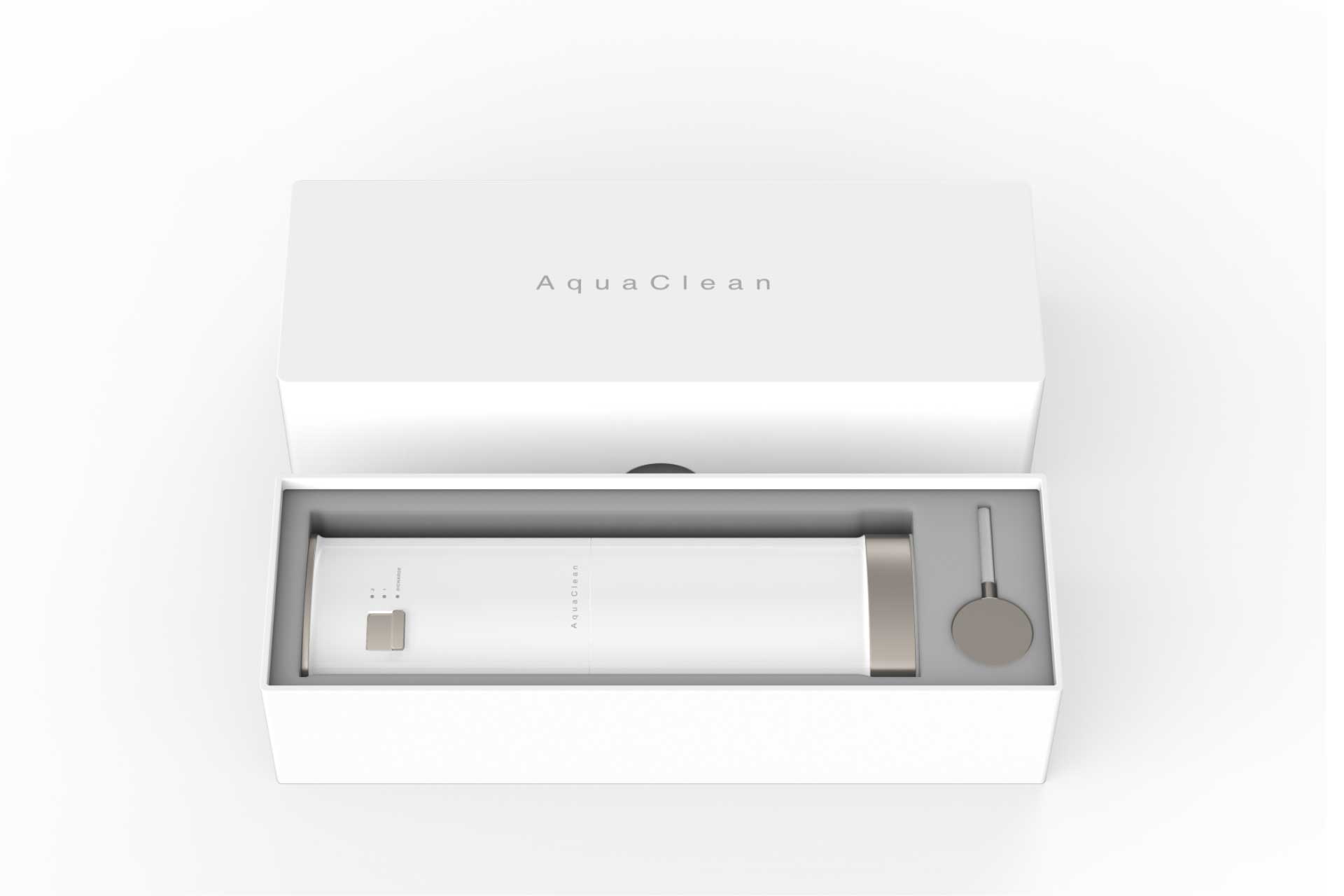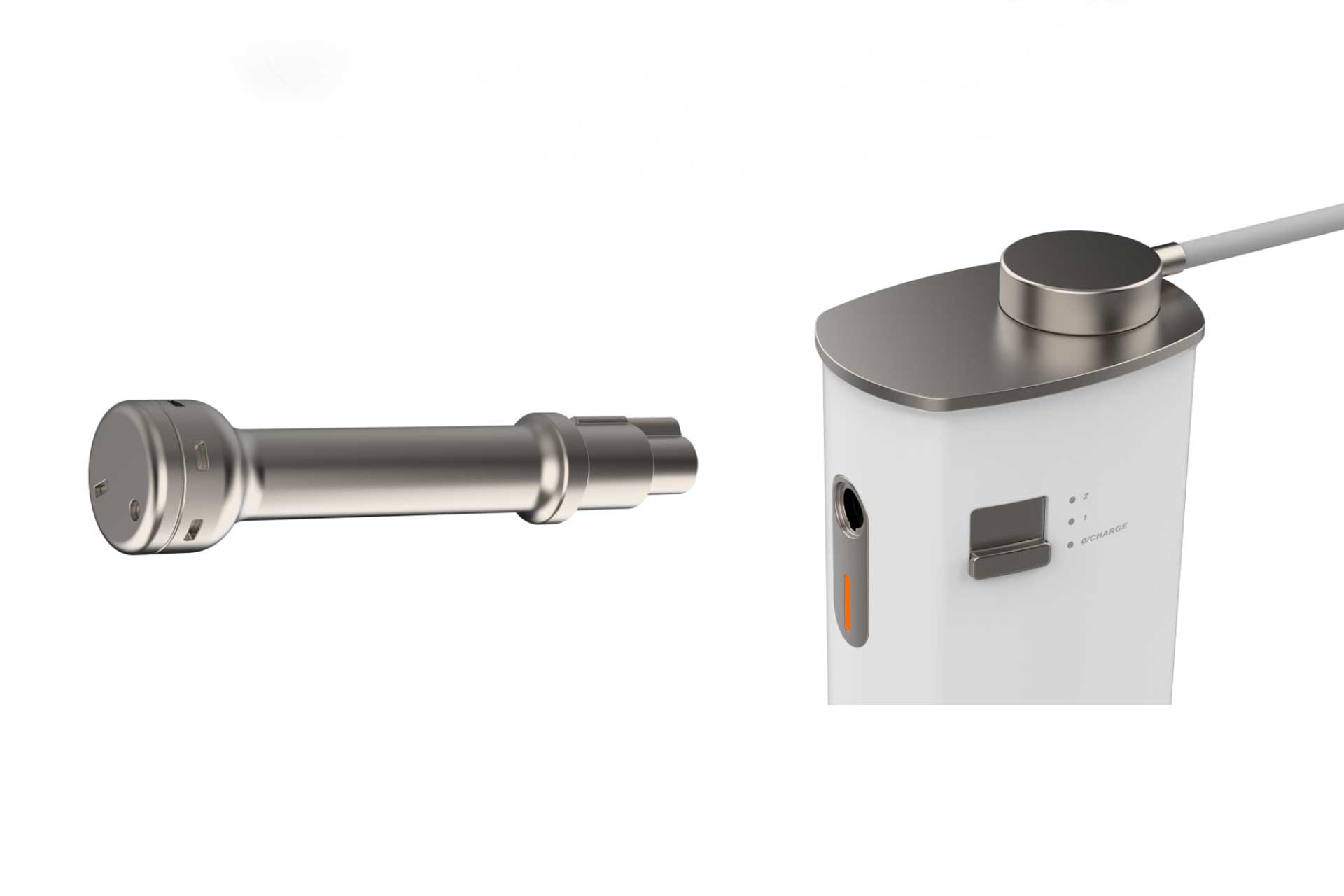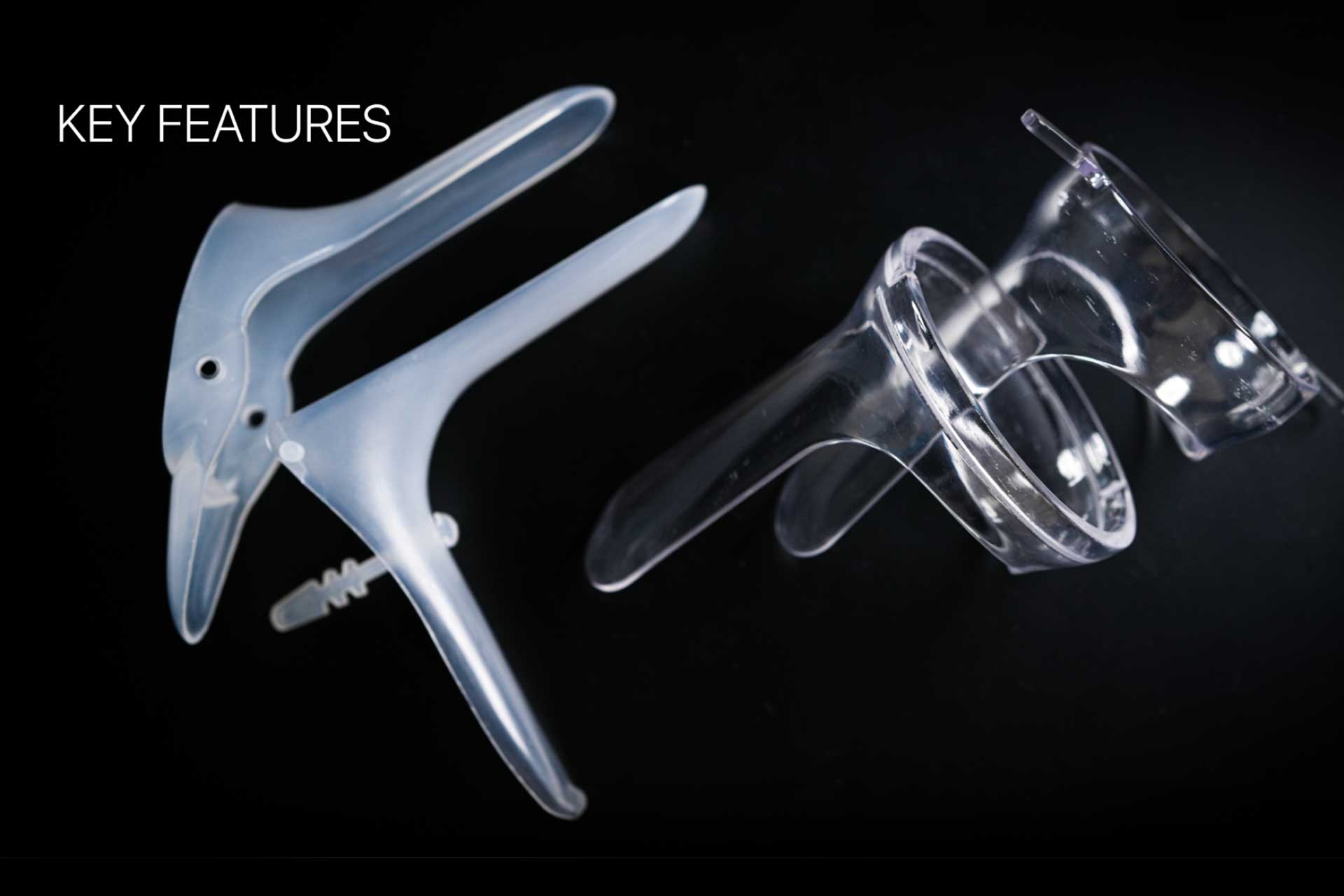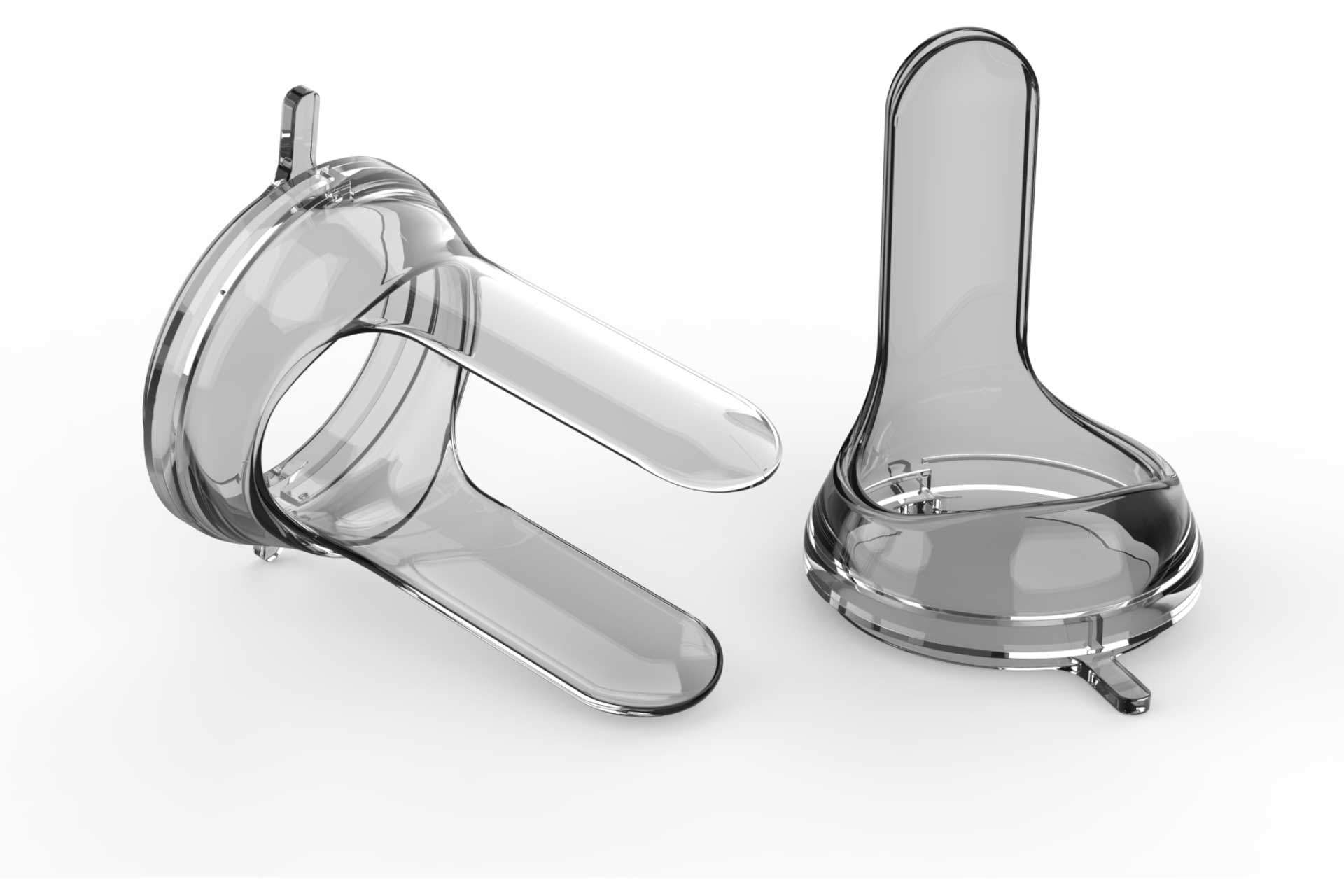The Intersection of Strategy and Design: Yuqing Xiao at FFBA

Romance of the American West by Michael Paul
April 1, 2025
Discovering Aurika, Udaipur | Flagship Property of Lemon Tree Hotels
April 1, 2025Yuqing Xiao
Yuqing Xiao is an industrial designer and design strategist focused on human-centered design. Skilled in industrial design and user experience research, she emphasizes business strategy and sustainability. At Functional Form Block Allies, she helps foster collaboration across regions to create innovative solutions.
I am Yuqing Xiao, an industrial designer and design strategist. I hold an MFA in industrial design and an MA in design management. My focus is on human-centered design. In addition to my strong industrial design skills, I am also proficient in user experience research. Furthermore, I place great importance on business strategy and sustainability in design.
In junior high school, I came across a shop selling creative kitchenware related to kinetic design while shopping. I was deeply attracted and hoped to make something eye-catching and exciting like these. Later, as I studied design skills and theories in depth, I found that design not only means creating cool physical products, but the humanistic care behind it is more critical and more touching to me.
In addition to that, continuously learning new things and improving myself in challenging situations are also why I insist on learning and engaging in design-related careers.
Our company, Functional Form Block Allies, is more than just a design studio; it’s a collaborative union that connects designers across regions, fostering a unique synergy in our work. We focus not only on delivering effective design solutions for companies in need but also on nurturing the next generation of designers. Through our educational programs, we guide students and young designers in understanding industry processes and standards while encouraging them to bring fresh perspectives and ideas.
By blending professional experience with academic insight, we inspire both our industry partners and students, creating an environment where traditional and innovative approaches intersect, pushing boundaries in design.
I think design means understanding and creation. The reason why I value user experience research is that I value the humanistic care behind design. Before designing, we must first understand people and the world.
After understanding, our responsibility is to create new products or experiences that change people's lives or the world. Design is an industry that I love, and it has also reshaped my personality and vision to a certain extent. I have always liked a sentence from one of my professors: "Design is a lifestyle."
I am very interested in kinetic design. Generally speaking, all physical products that can change their form and structure belong to this category. It sounds very similar to engineering, but the biggest difference between kinetic design and engineering is that kinetic design pays attention to the aesthetics and poetry of design while ensuring feasibility.
I think it combines the pragmatism of engineers and the imagination of artists. I like this design style very much, and I also try to add this element to my designs.
I have much experience in user experience research and am good at capturing key objects from a user's life scenario to build a user persona. I like designs that can make me feel the personality charm of the designer, such as the designer's unique aesthetics, humanistic care, or social responsibility.
I would imagine what kind of living habits, hobbies, and cultural background the designer behind a product has, what they thought about during the design process, and what decisions they made. This is very interesting.
My designs generally have two styles. One is the design based on personal interest and aesthetics, often small, short-term projects. I enjoy designing and making physical products. The other is the design based on solid user experience research.
This kind of project often requires a longer time and a larger team. After a deep understanding of the user group, careful design is carried out. The results are usually not limited to physical products but have stronger systematization and more diverse forms.
In the execution phase, my design approach is similar to that of most industrial designers, such as brainstorming, sketching, and prototyping. But before that, I will conduct in-depth first-hand research in the research phase. In this process, I ensure I do my best within the budget and time constraints, obtain as much accurate data as possible, and build a trusting and friendly relationship with the interviewees to get unique insights.
To be honest, the best solution often exists in the mind of a stakeholder. I just make this person realize they have the solution. This is the magic moment in my design process.
Of course. I attach great importance to design in different cultural backgrounds. I have participated in designing many projects related to traditional Chinese intangible cultural heritage and have even visited the inheritors of intangible cultural heritage in person to learn about their stories and crafts.
My undergraduate graduation project is dedicated to spreading the stories and knowledge of intangible cultural heritage to the younger generation, lowering the learning threshold, and promoting their participation through new materials and technologies. This is a project I am very proud of.
We’re honored to have several projects recognized in the 2024 MUSE Design Awards. We entered these designs because they strongly reflect our commitment to creating more humane, thoughtful, and convenient products. These projects aim to bridge connections between people in ways that may not have been possible before, balancing the needs of service providers and receivers.
While our winning works span different categories, they all share a core mission: to create designs that genuinely care about and enhance people’s lives, embodying the values that drive us at Functional Form Block Allies.
Winning has been incredibly validating for our practice. It’s given us broader recognition and strengthened our confidence when presenting to clients, showing that our ideas and values resonate globally.
This achievement demonstrates that design success goes beyond profitability—it’s about positively impacting people’s lives. We’re grateful for this recognition and inspired to continue creating meaningful, people-centered designs.
Uncertainty: I like this word very much, although it sounds unpleasant to many people.
Empathy: This word is familiar to most designers, but it is not easy to practice.
Freshness: I am terrified of repetitive and tedious work, so I am glad I chose the design industry.
When designing in China, a country with a population of 1.4 billion and a history of 5,000 years, we have to face many unique problems. Researching the social context is always challenging during research, and capturing insights is the key to success.
In promoting innovation, the vast market is both an opportunity and a challenge. It is worth mentioning that I think China's intangible cultural heritage is a very precious treasure, and many of my designs are related to it.
Interestingly, we are currently in a stage of rapid development of AIGC. The efficiency and quality of AI-finished products are very competitive, and many people are very pessimistic about the creative industry, but I don’t think so.
As a human-centered designer, I believe designers’ concerns and insights into society and people will become the most crucial competencies in 5-10 years. AI may be able to solve problems correctly, but only people with vision can ensure we are solving the right problems.
Yuqing Xiao
Yuqing Xiao is an industrial designer and design strategist focused on human-centered design. Skilled in industrial design and user experience research, she emphasizes business strategy and sustainability. At Functional Form Block Allies, she helps foster collaboration across regions to create innovative solutions.
Explore the journey of Menghai Xia, the Gold and Silver Winner of the 2024 MUSE Design Awards. His name is Menghai Xia (Luke), and he is the founder and lead designer of Functional Form Block Allies (FFBA), a design consultancy renowned for its innovative product solutions. Co-founding the company with Qijun Nie (Quentin), he specializes in industrial, interactive, and service design, with a particular focus on fashion accessories.
